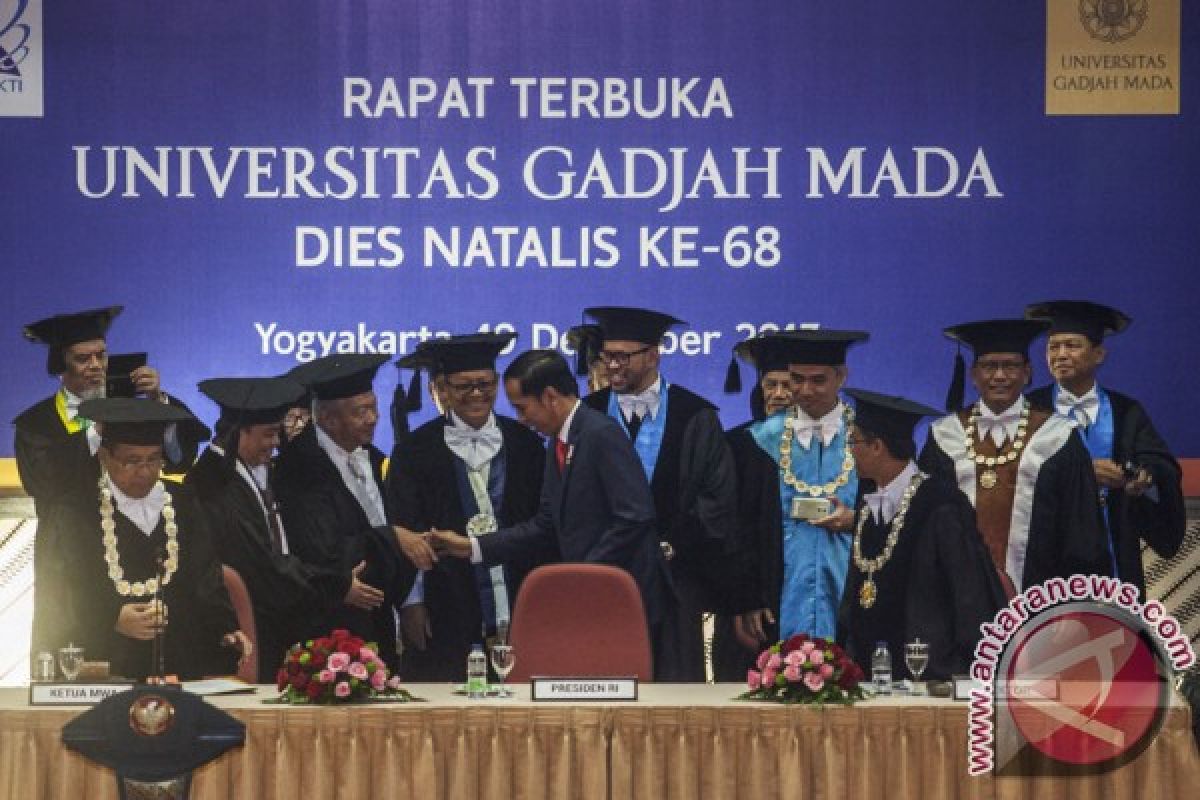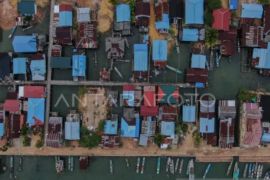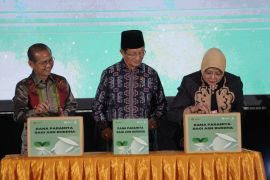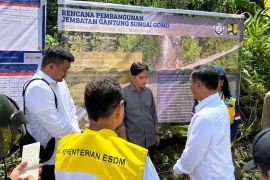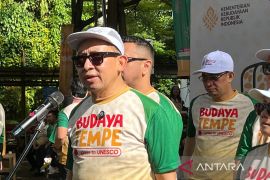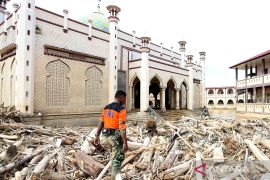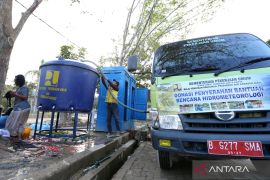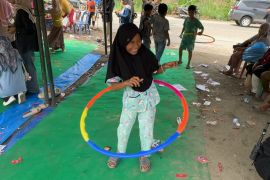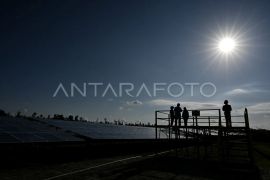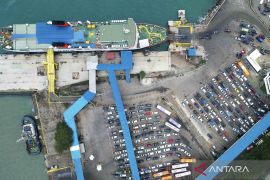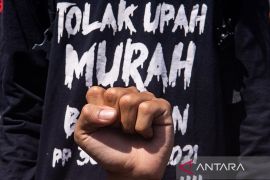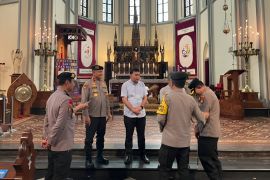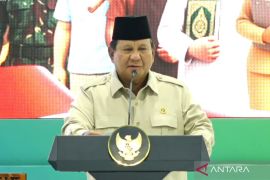"Universities will endlessly play a central role in the development of the nation and state. Its role will always remain central in producing qualified human resources and excellent research and stay at the forefront in facing future challenges," the president noted in his public lecture in connection with the 68th anniversary of the University of Gajah Mada (UGM) in Yogyakarta on Tuesday.
Jokowi had graduated from the Forestry Faculty of UGM in 1980.
"However, what we need to be aware of are the ever-changing challenges of the times, the very dynamics of today, fast-growing science, robotics and information technology, and artificial intelligence. They will greatly affect human life in future," the president pointed out.
President Jokowi believes that newly learnt technologies will quickly lag behind in the face of new advancements.
"This is a very rapid change, and this development will greatly affect challenges in the field of higher education. The inception of new technology will result in some achievements becoming obsolete," the president explained.
The president cited the job of a postman, which was once quite significant, but at this time, it is no longer important.
"The teller or cashier may soon become irrelevant, and there are several more jobs that are starting to disappear and become irrelevant," the president explained.
The change also affects businesses, for instance, analog cameras are no longer relevant and are completely being replaced by digital products. The dominance of supermarket businesses, or "malls," which were once well-established, is now reducing, as the trend is changing from offline to online.
"Travel bureaus that sell tickets are increasingly becoming irrelevant due to the emergence of online ticketing. There are still several old businesses that will disappear and begin to recede, and new types of businesses are emerging," the president added.
In fact, according to the president, politics and the government must also adapt to the developments in science and technology.
"With a variety of innovations, the government is compelled to work quickly and efficiently, as otherwise the country will be left behind other nations, and someday, the number of administrators will also reduce due to several jobs that can already be automated. Hence, once again, the world changed a lot," the president stated.
The problem of phasing out of old jobs and the emergence of new ones is definitely something what the university should respond to.
"When an old business type is lost and a new kind of business emerges, the universities must respond to it. When the global economic landscape changes, the social-cultural landscape also follows suit, and certainly, the research agenda and community service at the university also needs to adapt accordingly," he explained.
According to the president, the character of human resources and the type of professions needed in Indonesia in future will also change.
"Politicians and bureaucrats will always remain important, but their number will not increase. The number of competent professional engineers and pharmacy doctors of international standards needs to be increased," the president emphasized.
Jokowi highlighted the need to increase the number of entrepreneurs.
Entrepreneurs generating new job opportunities will build added value, but it is unfortunate that the entrepreneurial spirit of the nation is still low. In the global entrepreneurship index for 2017, Indonesia`s entrepreneurship ranked 90th out of the 137 countries.
After delivering a public lecture on the 68th anniversary of UGM, President Jokowi was scheduled to inaugurate the Surabaya-Mojokerto toll road in East Java and power plants in Nabire District, Papua Province, as well as attend the 89th anniversary of Mother`s Day in Raja Ampat District, West Papua Province.
In addition, the president will hand over land certificates in several provinces.
(A014/INE)
EDITED BY INE
(T.A014/A/KR-BSR/F001)
Reporter: antara
Editor: Heru Purwanto
Copyright © ANTARA 2017
